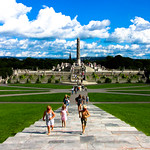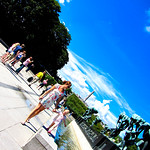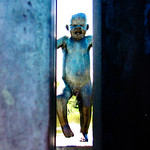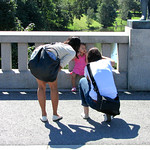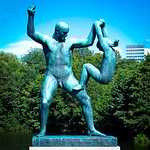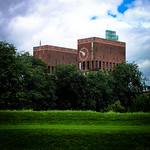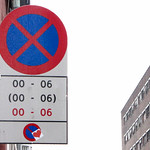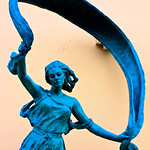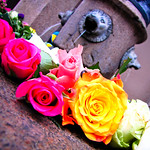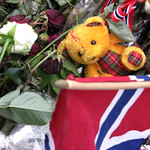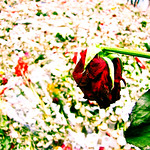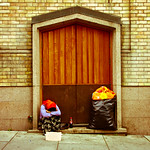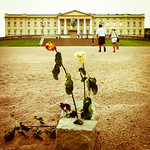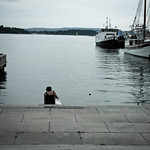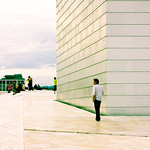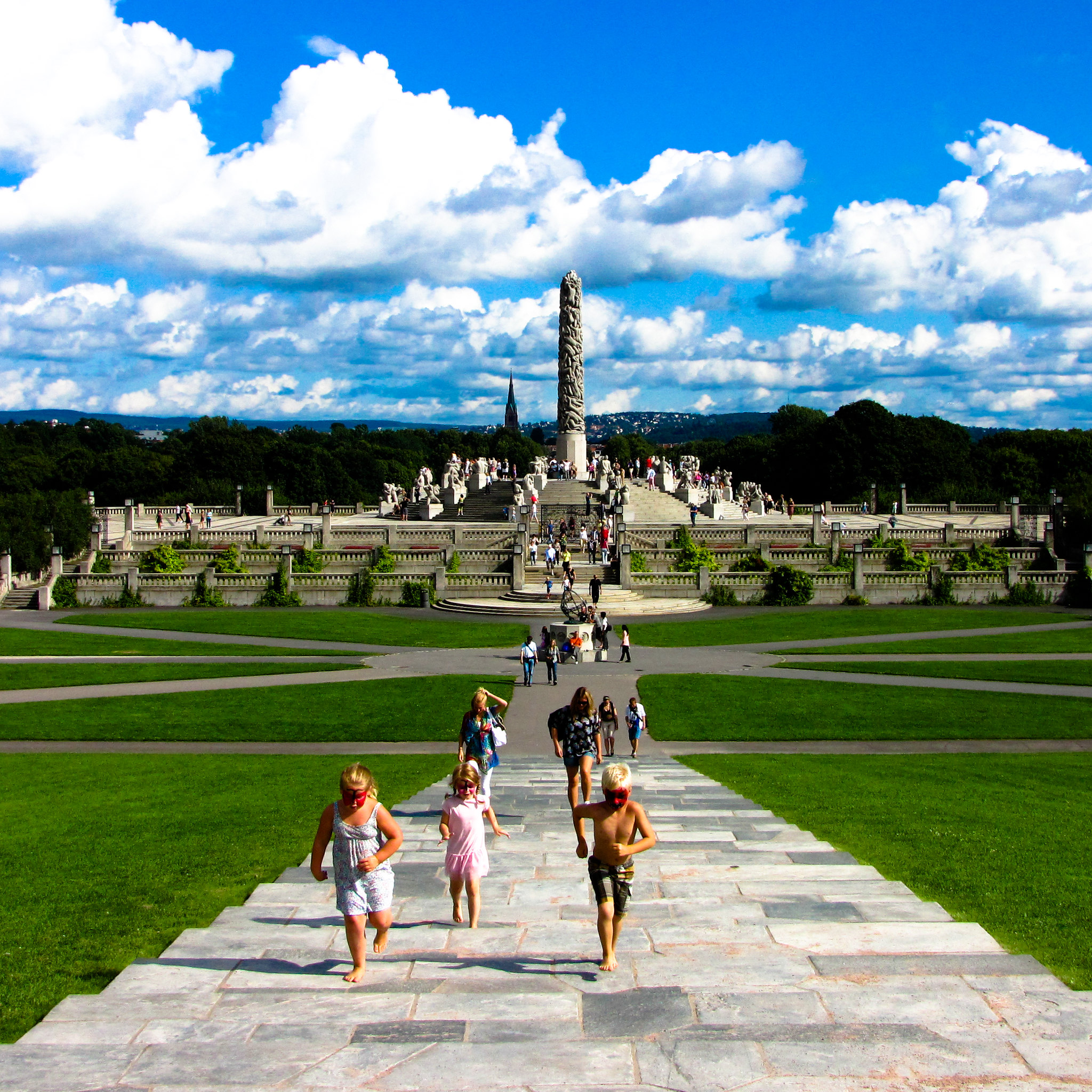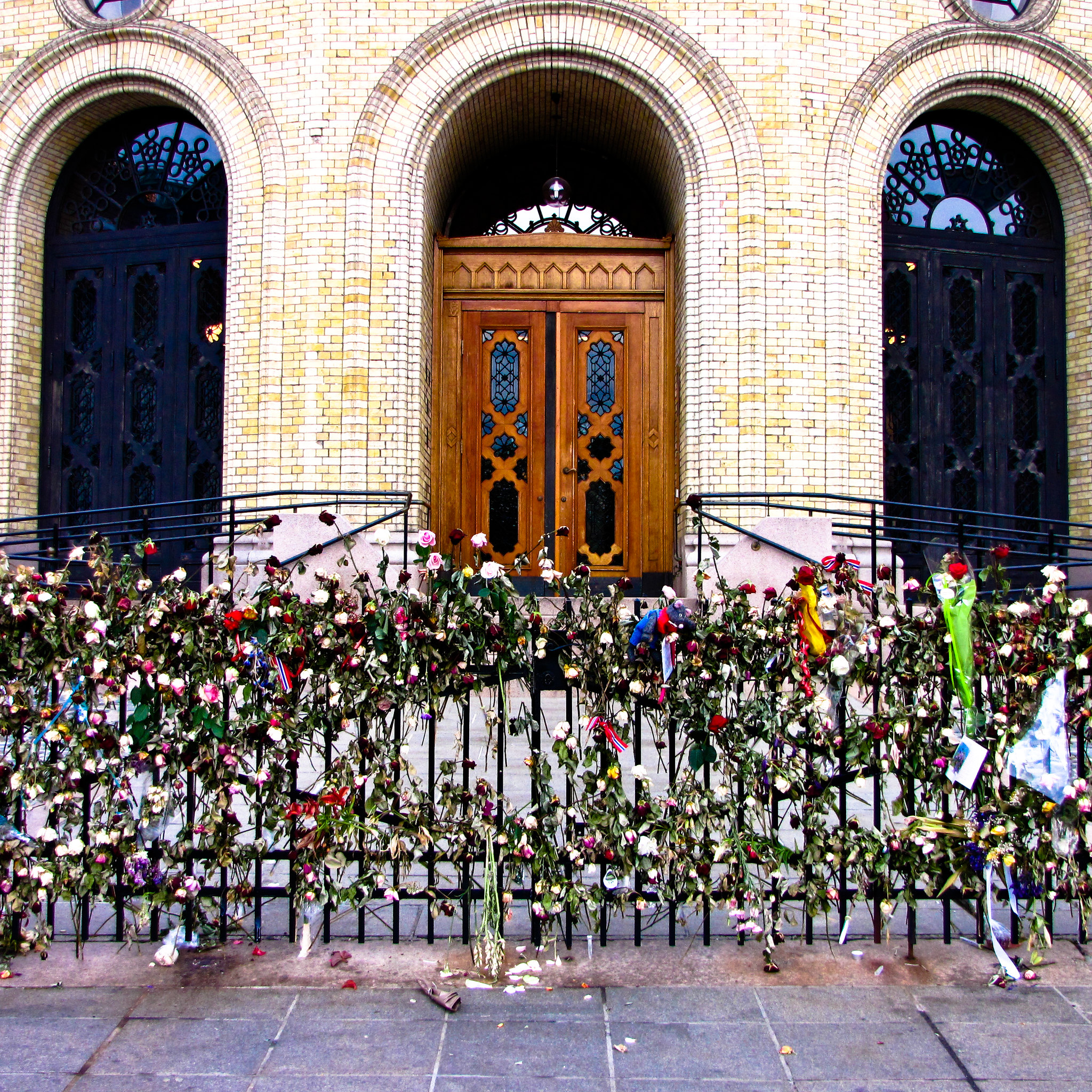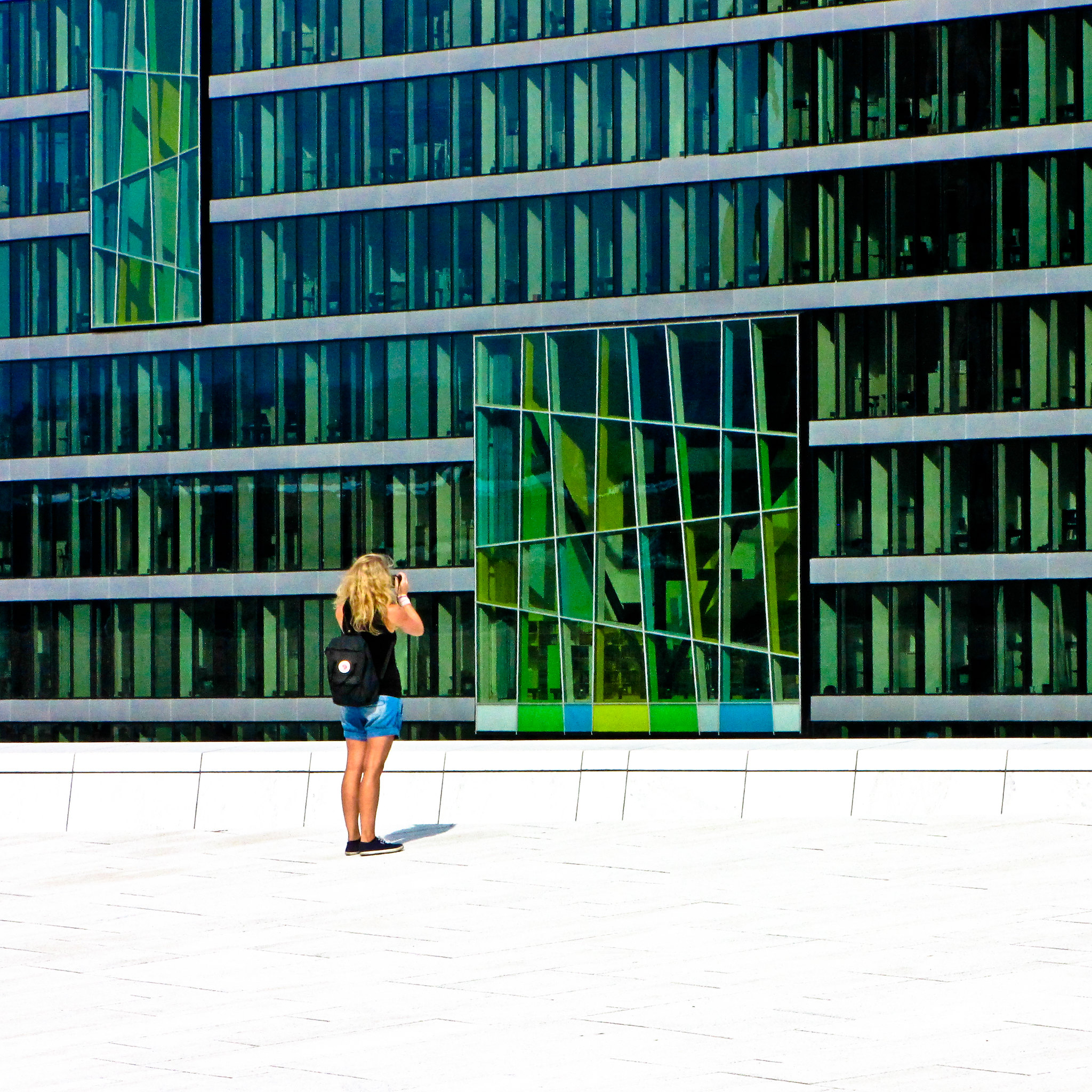Oslo, I am disappoint
Sadly, Oslo is currently the world’s most expensive city. At the same time, Oslo is also the fastest growing European city, though this is due to immigration, currently a quarter of the population being immigrants, with some predictions saying that in 20 years time, it will be half.
The largest immigrant populations are Pakistani, Somali, Swede and Pole.
Walking around the inner city, roughly the town’s shopping district, it actually feels like 75% of the population are immigrants.
It’s a pity that the city isn’t very attractive, rather drab and also rather messy and dirty. A jumble of buildings, though some, thankfully, are nice enough.
Service related to the flight from Katowice to Oslo can improve on its levels of comfort. Katowice airport is an hour from town, but worse was boarding being called (“please go to the gate now”) half an hour before they actually started the boarding procedure. Because the gate was down a ramp, meaning you couldn’t see the gate from the departure hall, all passengers ended up being stuck in a small space, unable to move, waiting for the gate to open.
At the gate an old fashioned eastern European, very staunch, lady, was policing bag size, picking out passengers and having them check both weight and size of their carry on. Luckily, I slipped through. Though my bag wasn’t too heavy, 10kg is allowed, the shape of the backpack, like most, doesn’t fit the prescribed size.
Going through the security check in Katowice, both toothpaste and deodorant were confiscated, even though I got through security with them when flying from Eindhoven. Sure, rules are rules, and I understand that 125ml of toothpaste can be terribly dangerous.
Later, exchanging money in town, the chain of currency exchange offices called Forex, filled with what seemed Somalians and Ethiopians, charge a fixed and criminal six euros for changing money. And I had to hand over my ID for registration.
This behavior, and the rather strict border control when entering the country, reeks of the trappings of totalitarianism. WTF is up with this shit?
On the upside, Oslo truly is a cashless society. All payments can be done by card. All payments.
Norway is outside of the EU (but inside Schengen), so alcohol could be had cheap atKatowice airport, full bottles of Zubrowka going for a mere 6 euros. As in Oslo a pint of beer can cost double that, stocking up before going is the thing to do.
And the savings are more than needed. A mediocre hot dog and half a liter of water, at a Seven Eleven, set me back nearly six euros. A whopper junior is only marginally less than that. Toothpaste (a small tube, in case airport security want to get it from me again), deodorant (small), water and a roll, at a regular supermarket, set me back nearly twelve euros. It seems that the cost of shopping in Sierra Leone has met it’s match. Norway only beats it on choice.
Boarding the plane, my passport wasn’t checked once. This means that flying on someone else’s ticket is possible. Additionally, the only thing that really matters, if at all, is that the name of the boarding card matches the name in your passport. However, with web checkins, this is easily adjusted on the original with very little computer skills. Just as long as the barcode is intact, the scan of the boarding card will work fine, whether the name on the card matches the name it was booked for or not.
In Oslo, plenty of the city’s museums used to be free, up till only a few months ago. No mean feat, as those that weren’t free charged 8 to 15 euros a piece. Free, it seems, doesn’t exist anymore. The museum that hosts Munch’s Scream now costs about 7 euros, though you get to see three more museums at that price, though all used to be free. Thankfully, it’s more than worth it, though two of the four can be skipped. Other formerly free museums now charge about the same price.
The Kon-Tiki museum, highlighting Thor Heyerdahl’s journey from Peru to Easter Island, never was free, but upped it’s price to just under ten euros. The Munch museum, which also has a version of the scream, now charges 13 euros.
I’m staying in one of the very few budget options in town, which still comes in at some 30 euros per night for a bed in an eight bedded dorm. The place, Anker hostel, is so busy with backpackers and whatnot arriving and leaving, it feels more like a factory. Though the place is clean and staff are friendly, the hostel also feels remarkably run down. Cashing in 250 euros per room per night, I’m a bit surprised.
Not sure if it is the rains, or simply the prohibitive cost of going out on the town, the reception area of the hostel is busy with guests hanging out from the early morning till the evening. And with everyone tapping away on their iPhone or laptop because of the free but mediocre wifi, it’s also eerily quiet.
Sadly, though August is the festival season in Oslo, as opposed to eastern Europe, where in august most venues shut down, the rains aren’t inviting.
Building a house with Habitat in 2000 in Beius, Romania, we fraternized with some of the locals. One of them moved to Norway and she has been asking me for close to ten years when I’d finally visit, me saying it will happen at some point.
It’s happening now, but, as luck would have it, she’s on holiday in Romania.







